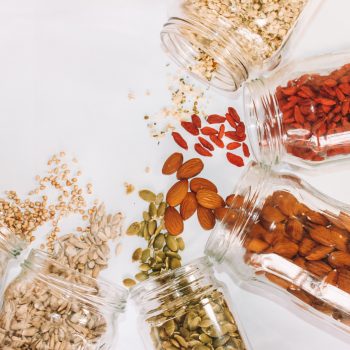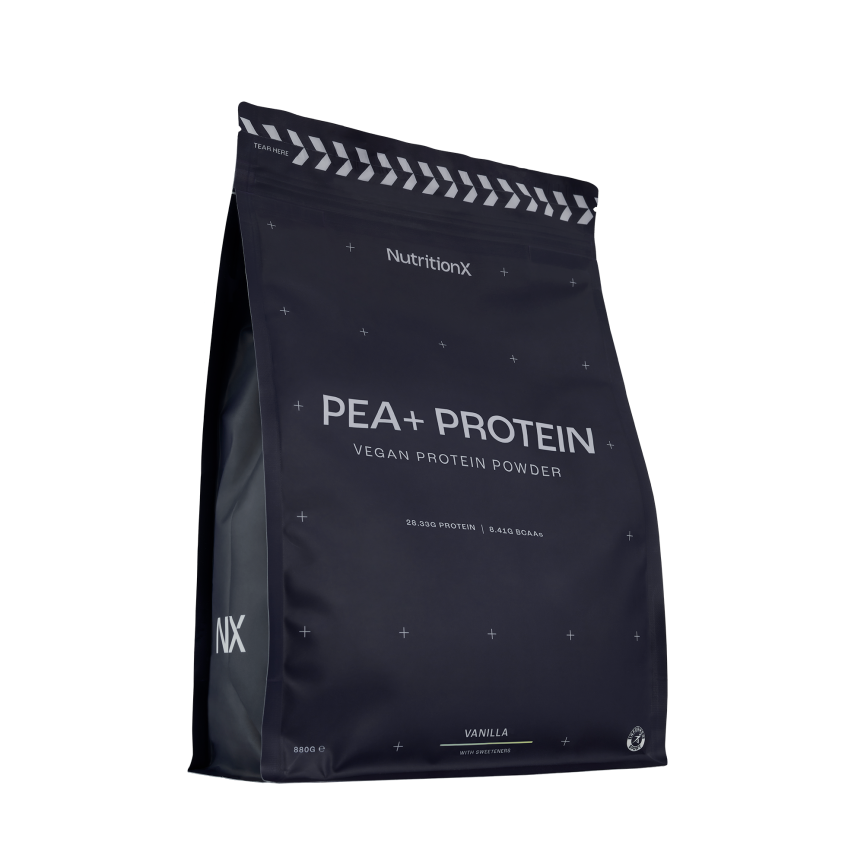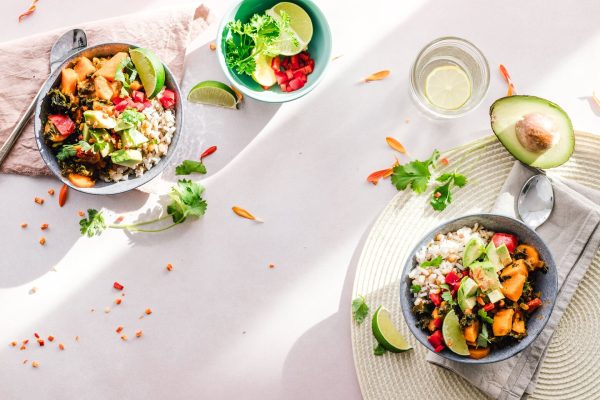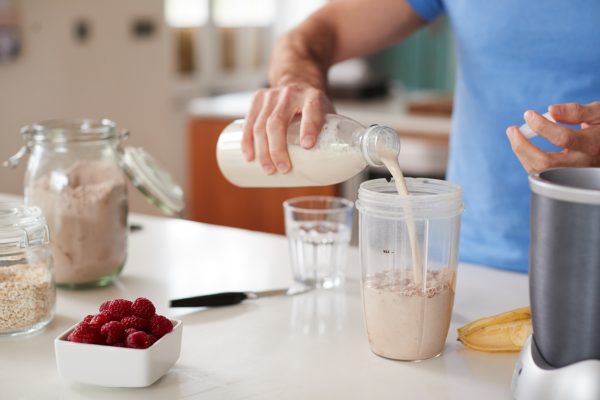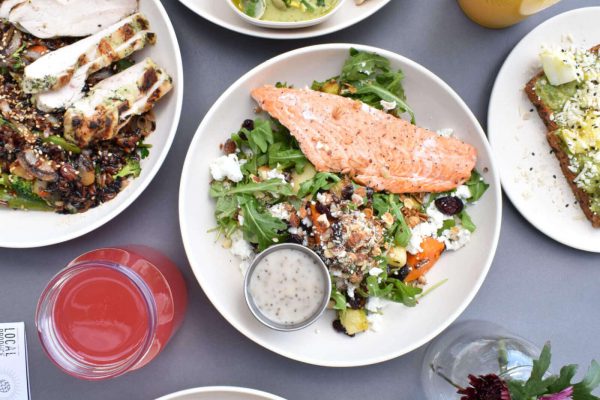It's a common misconception that vegan diets don't provide sufficient protein. More specifically, a key concern for athletes is whether a vegan diet can provide enough protein to support optimal recovery and muscle growth.
Athletes typically have greater protein requirements than the general population to meet the increased demands of intensive exercise, muscle growth and repair (1), so a well-planned diet is important. It is slightly more challenging to consume enough ‘complete’ protein sources as a vegan, because many vegan protein sources are ‘incomplete’ meaning they lack one or more of the 9 essential amino acids; essentially meaning the body cannot make them itself. Vegan protein sources also tend to contain lower amounts of protein in comparison to many animal sources.
However, by consuming a wide range of vegan protein sources in sufficient quantities, it is completely possible for athletes to achieve a sufficient and high-quality protein intake on a vegan diet. Here are a few examples of some great vegan-friendly protein sources:
Soybeans
Soybeans are one of the few ‘complete’ vegan protein sources, meaning they contain all the nine essential amino acids the body needs. Tofu, tempeh, edamame and soy milk are all derived from soybeans, making them all great high-quality protein sources for a vegan diet. Tofu and tempeh provide about 17-20g of protein per 100g (2). Whilst often considered quite bland on their own, they are extremely versatile and great at absorbing different flavours. Frying tofu in cornflour also gives it an amazing crispy texture. Another way to subtly boost your protein intake is to opt for soy milks which are fortified with protein.
Beans and legumes
Beans and legumes are vegan protein powerhouses. Lentils, for example, contain approximately 18g of protein per cup (185g) (2). Combining both lentils and beans in a meal can easily achieve a protein content comparable to many animal sources - not to mention they're both packed with fibre which may help you stave off hunger pangs for longer (3). You can now purchase varieties of bean or lentil pasta, too, which have a similar texture to regular pasta but provide substantially higher amounts of protein. Roasting fava beans or chickpeas also makes a great snack to give you an extra protein kick throughout the day.
Quinoa
Quinoa is typically classified as a grain and is often overlooked as a source of protein. One cup (185g) of cooked quinoa provides about 8g of protein(2) which is higher than most grains such as barley, oats and corn. In addition, quinoa is another source of ‘complete’ protein, so provides you with all of the essential amino acids, making it a high-quality protein source. Great as a substitute for other grains, quinoa also pairs nicely with beans, tofu, nuts and vegan Quorn products for a tasty high-protein meal.
Nuts and seeds
Nuts and seeds are staples for a vegan diet and make for a perfect afternoon snack. Great at complementing both savoury and sweet dishes, you can also enjoy the protein-packed benefits of nuts and seeds in nut-butter form. Again, the addition of a handful of nuts or a teaspoon of seeds to each meal is a simple way to boost your protein intake, whilst adding a nice crunch. Try sprinkling them on porridge, tossing them into a stir-fry or salad, or adding a handful to your morning smoothie.
The bottom line
Adequate high-quality protein intake (approximately 1.5-1.8g of protein per kg body mass) is critical for athletes to help with the recovery and muscle repair needed as a result of the intense demands of training. With careful planning and education, it is absolutely possible to meet increased protein requirements on a vegan diet.
To ensure your vegan diet provides sufficient protein, aim to consume a wide range of vegan protein sources throughout the day and try combining sources to achieve a full amino acid profile. Some research suggests that vegans may also need to consume larger quantities of protein sources compared to meat-eaters, to account for the lower quality of vegan protein sources (4). Like with any diet, try to focus on getting most of your protein intake from whole and unprocessed foods. It is important to also stress, however, that there is much more to an ideal athletic diet than simply achieving optimal protein status and we would advise anyone switching to a vegan diet (or any diet that restricts certain food groups) to seek qualified nutrition support to ensure that there are no deficiencies, such as low vitamin B12, that could affect both health and athletic performance.
Sources:
- Foundation BN. Nutrition for sport and exercise 2017. Available from: https://www.nutrition.org.uk/healthyliving/an-active-lifestyle/eating-for-sport-and-exercise.html?start=2.
- USDA. FoodData Central 2019. Available from: https://fdc.nal.usda.gov.
- Byrne CS, Chambers ES, Morrison DJ, Frost G. The role of short chain fatty acids in appetite regulation and energy homeostasis. International journal of obesity (2005). 2015;39(9):1331-8. Epub 2015/05/14. doi: 10.1038/ijo.2015.84. PubMed PMID: 25971927.
- Kniskern MA, Johnston CS. Protein dietary reference intakes may be inadequate for vegetarians if low amounts of animal protein are consumed. Nutrition. 2011;27(6):727-30. doi: https://doi.org/10.1016/j.nut.2010.08.024.



